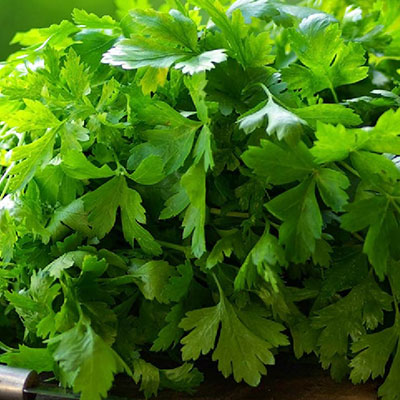- +033 2572 7171
- info@dhanvantary.com

4.5 Rating | 4500 Review

4.5 Rating | 4500 Review
Dhaniya, Dhanyaka or Coriander botanical name is Coriandrum sativum. Coriander plant grows annually but according to conditions, can grow in summer or in winter. The plant can grow up to 2 feet and can spread around up to 9 inches. Coriander roots are pale brown color with tap root system. Coriander stems are sympoidal and have monochasial branches. Every branch of the Coriander plant shows effect of inflorescence.

Color of the stem is generally green, but turns to red to violet due to the season of flowers. Coriander leaves are of alternate type and gather in the form of rosette. This plant is a kind of diversifolious. First, the blade shapes are either have three lobes or tripinnatifid. On the other hand, the leaves of the nodes are pinnatifid. The compound shows inflorescence is known as umbel. Flowering of the plants starts with first umbel. In the every classification.
Kingdom
Plantae
Subkingdom
Tracheobionta
Superdivision
Spermatophyta
Division
Magnoliophyta
Class
Magnoliopsida
Subclass
Rosidae
Order
Apiales
Family
Apiaceae
Genus
Coriandrum
Species
sativum
Dhanyaka is widely distributed in Italy, central, Eastern Europe and Mediterranean areas like in Egypt and Morocco. It is also widely cultivated in Bangladesh, China, England and India. Ukraine is one of the major essential oil production country. In India, it is found especially in Rajasthan, Tamil Nadu, Punjab, Madhya Pradesh, Bihar, Maharashtra and Karnataka.
|
Hindi / Sanskrit |
English |
||
|
Rasa |
Fresh – |
Taste |
Fresh – Sweet |
|
Guna |
Laghu, Snigdha |
Physical Property |
Light, Unctuous |
|
Virya |
Dry – Ushna |
Potency |
Dry – Hot |
|
Vipaka |
Madhura |
Metabolic Property (After Digestion) |
Sweet |
Coriander balances and controls all three doshas pitta, kapha and vata.
Fruits, Whole plant, leaves.
